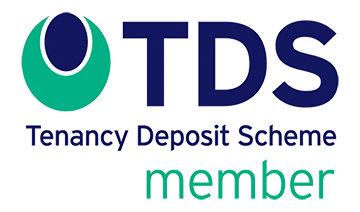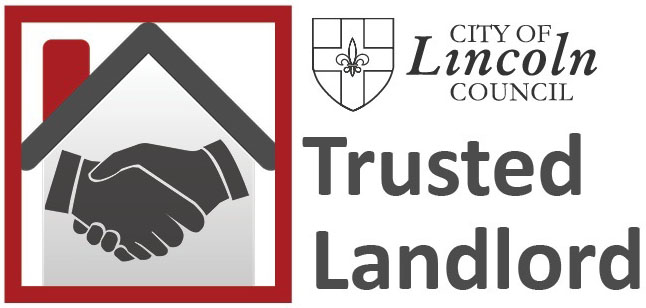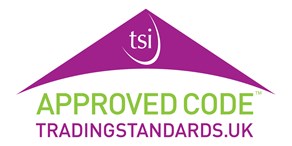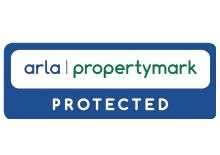What routine maintenance will there be in my property?
- Posted On: 20 May 2024
Routine Periodic Compliance Certificates
What routine maintenance will there be in my property?
During the course of your tenancy, you will have contractors visiting to complete routine maintenance and periodic compliance checks. You will also have contractors attending to any maintenance that Cloud, your landlord, or you the tenants report to us if you have an issue for any reason.
There are a number of maintenance safety certificates that are required to keep your property safe and compliant with the local authority rules and regulations, including:
PAT Testing
Portable Appliance Testing (PAT) is conducted annually. A professional PAT test involves an electrical engineer visiting the property to perform a visual inspection and test of all appliances that belong to your landlord. These will include any electrical items that plug in, for example microwaves, washing machines, fridges, desk lamps and TVs. The PAT test arranged by the landlord won’t include your personal electronic items.
Fire Risk Assessment Checks
Fire Risk Assessments (FRA) are reviewed annually by an independent Fire Risk Assessor. During these visits, every room will need to be accessed. The Assessor will check all escape routes including the accessibility of leaving your own rooms in the event of a fire. They will also check storage areas, any trip hazards, the effectiveness of any fire doors, any firefighting equipment, and alarms. The time taken for this assessment is dependent on the size of the property but can be anything up to 3 hours.
Electrical Safety Certificate
Electrical Installation Condition Reports (EICRs) are conducted every 5 years. These are a check carried out by a qualified Electrician on the electrical installation in the property to ensure they are safe and will not cause any fire risks or electric shocks.
During these checks your power may be switched off for up to 2 hours. EICR testing involves both live (power on) and dead (power off) tests. Most of the testing is carried out while your electrical system is live. However, to carry out some tests, the power needs to be turned off. As long as they are clearly labelled, circuits can be powered off individually, meaning there will be less disruption in your building.
The electrical engineer will carry out a visual inspection, checking for cracks, breaks and signs of overheating. Electrical testing will then be carried out where voltages and currents are used to check the safety of the different circuits. If issues are found, they will be recorded and detailed in the report, and we will arrange for the appropriate maintenance to be carried out.
An electric installation consists of:
- Consumer unit (fuse box or distribution boards) that contains all the fuses, circuit-breakers, and preferably residual current devices (RCDs)
- Cabling including those hidden in the walls and ceilings.
- Accessories (such as sockets, switches, and light fittings)
The time taken to complete the check is dependent on the complexity of the electrical installation and the size of the property.
Gas safe certificates
Gas safety checks are conducted annually by a gas safe engineer. The engineer will check your gas meter to check for any signs of leaks or damage. They will then turn on your boiler and let it run for approximately 10 minutes to check its efficiency. It is common for landlords to have their annual boiler service completed at the same time. If this is the case, the time spent checking the boiler will be longer.
If you have other gas appliances, such as a gas cooker or fire, they will also check if they are working properly and carry out the relevant tests and checks depending on the appliance.
Energy Performance Certificate
An Energy Performance Certificate (EPC) gives information on the building's energy efficiency and is arranged every 10 years or if any changes have been made to the property to improve its energy efficiency. All Cloud properties are required to have a rating of at least E.
The size of the property impacts how long the EPC survey takes. However, the domestic energy assessor will typically be at your property for around an hour looking at the different areas. The domestic energy assessment is a non-intrusive look at your property, so you will not be expected to move anything or be around to aid them in any way.
Emergency Light testing
Emergency lighting is Lighting that automatically comes on when the power supply to the normal lighting provision fails. Emergency lighting is a general term and is sub-divided into emergency escape lighting and standby lighting.
In properties with emergency lighting present regular emergency lighting tests are conducted monthly. These ‘flick tests’ are short functional test that are done by a contractor.
Once a year there will be a ‘duration’ test that requires the primary lighting circuit to be switched off and emergency lights left on for three hours.
Both tests are often completed at the same time as your fire alarm test and annual service.
Fire Alarm testing
If you live in a block or a large HMO, your property may be subject to regular fire alarm testing. This is normally completed weekly by a competent person, and you will be given the schedule for regular testing along with your property information at the start of your tenancy. If you live in Brayford Court, Cloud also conducts a weekly walk around to check that fire escape routes are free from obstruction in all communal areas. Once a month Cloud will enter all apartments to ensure corridors and communal areas are free from obstruction and that fire doors are not being blocked or being propped open.
Where mains operated fire alarms are in place, they are also subject to an inspection, usually every 6 months, and are serviced by an engineer a minimum of once a year.
If you have any questions at all about any of our regular maintenance visits you can call us on 01522802020 or email [email protected]






